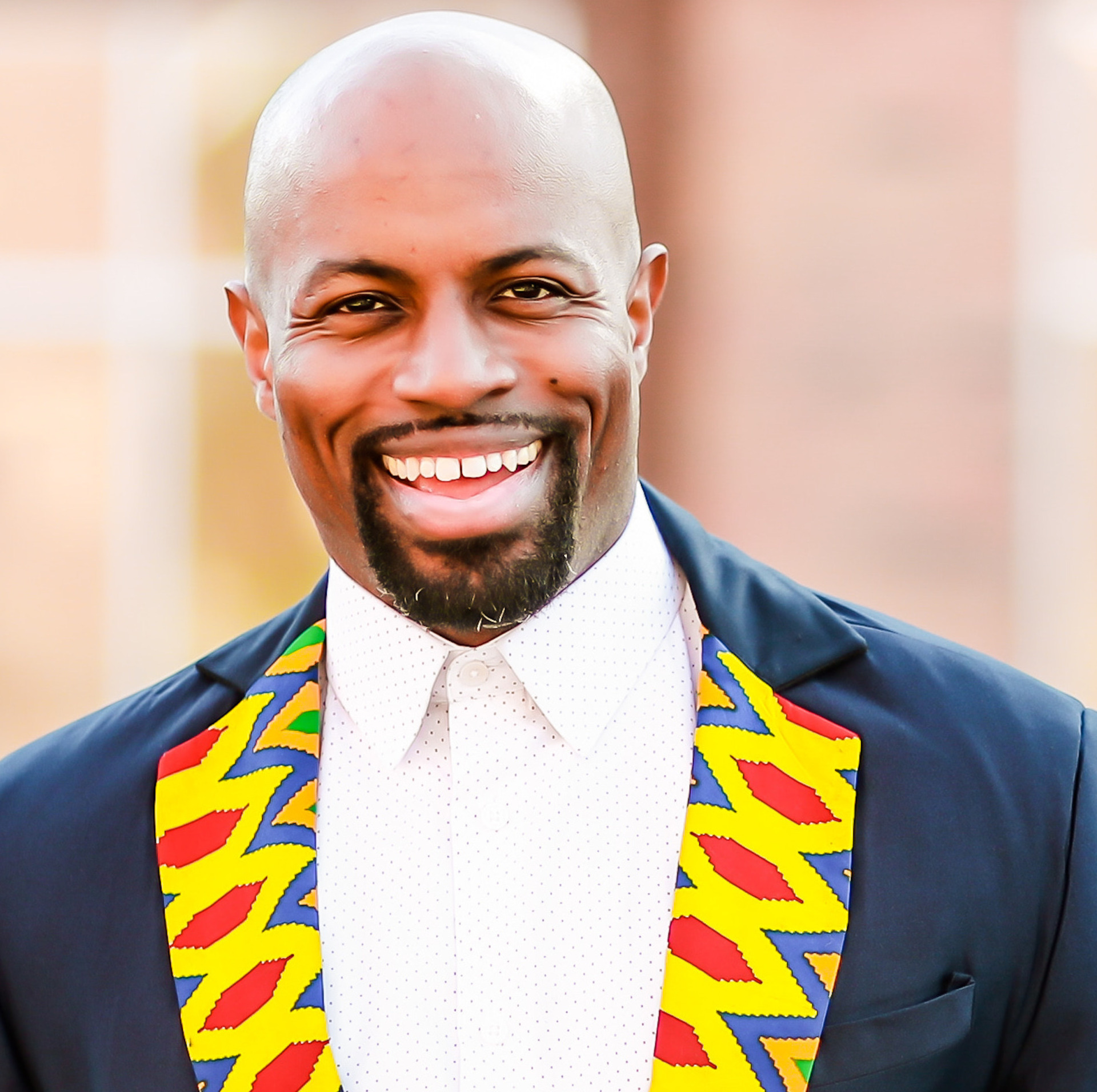How To Balance Political Discourse and Still Keep Your Cool
Written by Carl Lamarre on April 4, 2024

Tuesday, April 2, 2024, was another big day at the polls, with voters in states like New York, Wisconsin, Arkansas and others casting their votes in the presidential primary election.
While many Black Americans have historically found alignment within the Democratic party, some voters choose to support a Republican candidate. For some across our community, being part of the Republican party as a Black American is a move that makes you a supporter of the party’s conservative—and seemingly racist—views. It can lead to heated arguments between family, friends and that grocery bagger you just found out voted Republican.
It’s interesting to note that before the 1930s, Black adults were just as likely to support the Republican party as the Democratic Party. According to the Pew Research Center, this shift began later that decade. It continued to grow after President Harry S. Truman issued an executive order to desegregate the U.S. military in 1948, along with the passage of the Civil Rights Act under Democratic President Lyndon Johnson in 1964. Both presidents were Democrats.
“In an era where political discourse can often become a minefield, being a Black Republican may come with complexities, especially when engaging in conversations,” shares Justin Jones-Fosu, the founder of Work. Meaningful and author of the upcoming book I Respectfully Disagree: How to Have Difficult Conversations in a Divided World (April 16).
For Black Republicans, dealing with others who may take offense to their choice can be a real sticky situation. Exchanging divergent viewpoints without having someone else succumb to anger and disdain is a challenge in today’s politically charged climate. While it’s totally okay to have differences of opinion, this becomes problematic when those alternative viewpoints are rooted in the oppression and ostracization of Black people. The key to this balance lies in distinguishing the person from their political ideology Fosu-Jones reveals.

“Instilled in me from a young age from my mother was the conviction that every individual deserves respect, regardless of their beliefs,” he says. “This foundation has become my mantra: I can vehemently disagree with someone’s ideology and yet still passionately pursue their humanity!”
One proactive approach Jones-Fosu suggests is the Circles of Grace Challenge. “It’s a personal initiative where biannually or annually, I immerse myself in environments with individuals whose views are unfamiliar or contrary to mine. This practice cultivates empathy and enriches my understanding of the complexities behind different beliefs, especially the reasons underpinning them.”
He also advises embracing the power of storytelling. “In the narratives of others, we often find fragments that illuminate our shared humanity, despite our disagreements.”
If the distaste for a person’s political affiliation is so great that it’s disrupting real-life connections, consultation with a therapist can offer profound insights into the nature of our responses. “It is a therapeutic reminder that our reactions are choices, and with guidance, we can learn to respond to opposing views with composure and openness.
“Ultimately, embracing a multiplicity of viewpoints without anger is not just about tolerance but about nurturing a genuine curiosity and an earnest respect for the shared human experience behind each opinion.”
Lastly, Jones-Fosu firstly advises that political affliation is information that doesn’t have to be disclosed to the world.
“Recognize that your vote and political stance are personal, and disclosing them is a choice, not a compulsion,” advises Jones-Fosu, who prefers to keep his affiliation undisclosed. He adds that you can carefully consider whether you wish to share this information and clearly articulate the reasons behind your choice.
If you decide to reveal your political status, “your approach to discussing your political identity as a Black Republican should be grounded in respect, curiosity and the desire for genuine dialogue,” Fosu-Jones concludes. “This minimizes potential backlash and enriches the discourse with diverse viewpoints.”
Here are four ways to engage in positive political discussion with someone of another political affiliation, according to Jones-Fosu:
Embrace a Learner’s Mindset
Before diving into your own perspectives, adopt a student’s approach. Listen actively to others’ stories and understand the motivations behind their political leanings. Replace assumptions with questions. Foster understanding by inviting others to tell you more about their views. This shows respect for their opinions and sets a foundation for open-mindedness.
Seek Permission to Engage
Asking if it’s acceptable to share your party affiliation is a subtle indicator of your respect for the other’s viewpoint. This act prepares the ground for a respectful exchange and respects the listener’s readiness to engage with differing views.
Acknowledgment Before Advocacy
If the listener is amenable, begin by acknowledging their perspectives. Expressing gratitude for their openness, such as “Thank you for sharing your views on the election, I see why these issues matter to you,” can create a bridge of mutual respect.
Find Common Ground and Practice Diplomacy
In discussions, signal areas of agreement to establish common ground. Rather than absolute statements, employ more nuanced language like “sometimes” or “perhaps,” which indicates an openness to dialogue. This strategy helps to diffuse potential defensiveness and encourages a more balanced conversation.